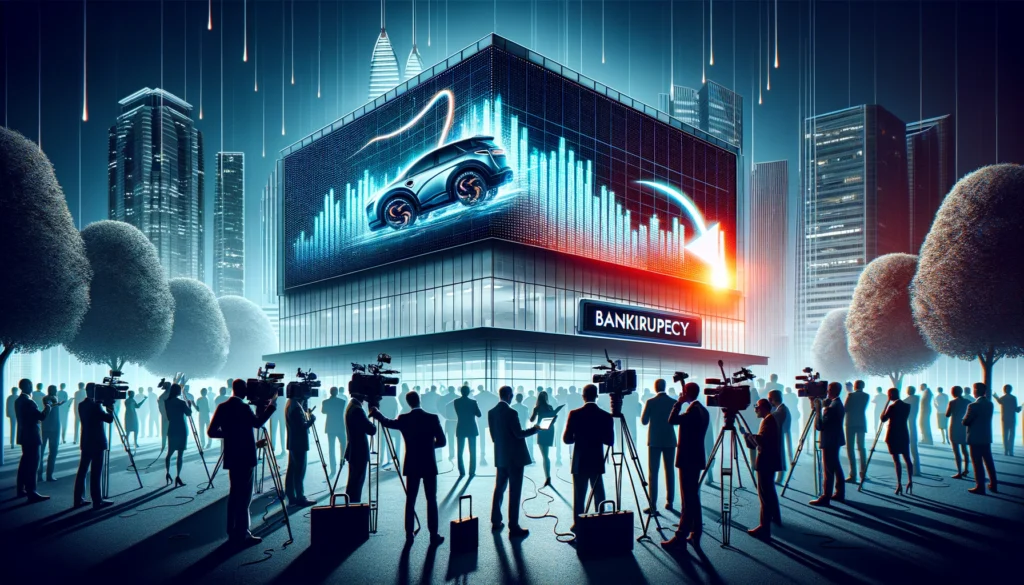The electric vehicle (EV) industry, epitomized by the likes of Tesla, has become the modern battleground where innovation clashes with tradition, prompting intense scrutiny and debate. A recent development in this sphere comes from the California-based startup, Fisker, which has announced a temporary pause in its production while it scrambles to raise $150 million. The emergency funding is aimed at offsetting the company’s cash crunch spurred by the low demand for electric vehicles, casting a shadow over the lofty ambitions of not just Fisker, but potentially the entire EV industry.
Fisker, embarking on a mission “to create the world’s most emotional and sustainable electric vehicles,” has seen its output barely exceed a thousand units globally this year. The company’s inventory comprises approximately 4,700 vehicles from previous and current year’s production, equating to an estimated value of $200 million, a sum dwarfed in light of the cash infusion urgently needed. Consequently, Fisker will press pause on production for a six-week period starting from the week of March 18, 2024, as it seeks to recalibrate inventory levels and strategize finance initiatives.
With a tangible sense of foreboding regarding Fisker’s future, external aid has been sought. Last month, Reuters reported ominous signs from the car company indicating “substantial doubt about its ability to continue” due to deteriorating financial health. This anxiety escalated last week, with The Wall Street Journal reporting the appointment of outside assistance in preparation for a potential bankruptcy filing.
Similarly, a storm brews in the political domain, where ever-tightening pollution restrictions threaten to alter the automotive landscape irreversibly. This burgeoning crisis was exacerbated when the Biden administration announced its intention to implement the severest pollution restrictions in history on automakers, aiming to hamper the gas-powered car industry and catalyze the EV revolution.
Deemed ‘controversial’ by The Washington Post, the proposed rule would compel automakers to expedite sales of electric vehicles while drastically trimming carbon emissions from gasoline-powered models. The Environmental Protection Agency (EPA) purports that its proposed pollution standard would prevent over 7 billion tons of carbon emissions, consequently ushering in $100 billion in annual benefits to the U.S. However, the rule has stirred considerable dissent, particularly across the political Right, condemning it as a move to undermine the American car industry.
Viewing the initiative as an unwarranted regulatory intrusion, Senator Ted Cruz (R-TX) claimed it was an assault on consumer choice and the American way of life, flagrant neglect of American families’ needs, and pandering to the radical environmental lobby at the substantial cost of jobs within the automotive industry.
As Fisker grapples with its financial earthquake, and the Biden administration readies to uproot the automotive sector’s status quo, it is clear that the winds of change are sweeping across the car industry. However, these changes must not undermine consumer choice or economic stability. While the greening of our societies is a commendable and necessary endeavor, it should not precipitate the erosion of individual liberties, jobs, and the prosperity of our industries. These challenges underline the glaring need for prudent, innovative, and even-handed strategies to confront an urgent yet complex issue. The road ahead is undeniably uncertain, but navigating this turbulent path will define not only the future of the auto industry but also the interplay between progress, tradition, and the preservation of the quintessential American way of life.



